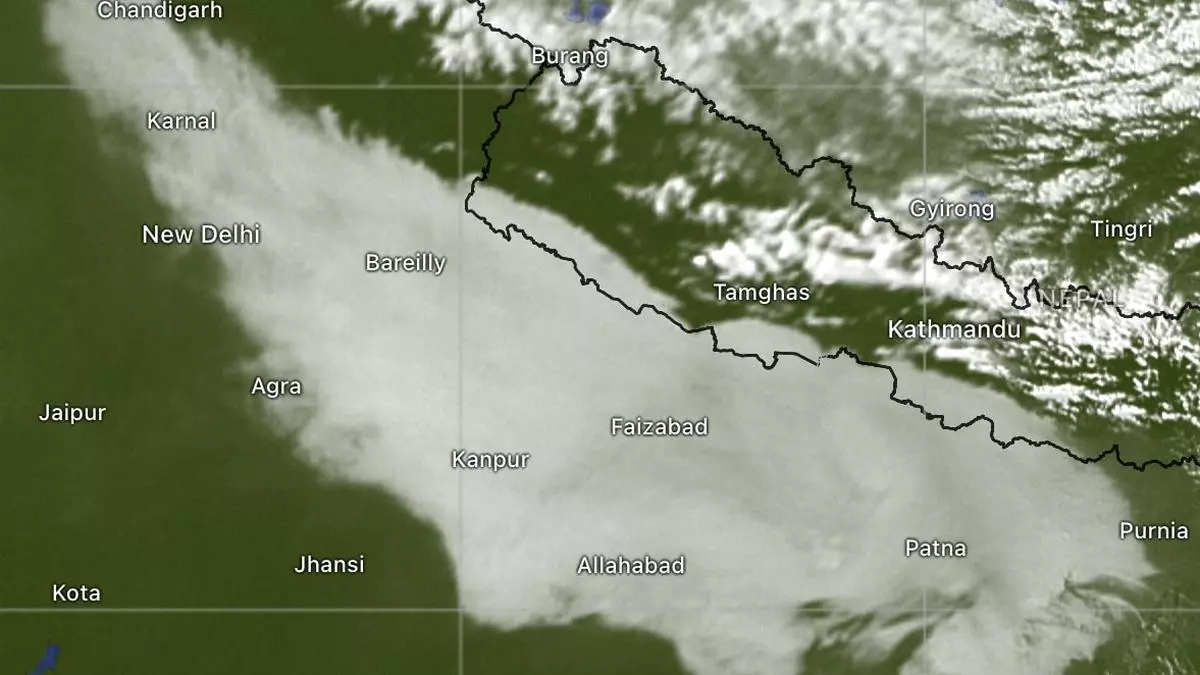In an attempt to promote widespread adoption of drone technology, the Krishi Vigyan Kendra (KVK) Ernakulam under ICAR-Central Marine Fisheries Research Institute (CMFRI) demonstrated use of drone for nutrient spraying in pineapple fields.
This showcased the advantages of drone technology in reducing water, labour, and time, making it a promising innovation for pineapple farming, particularly in the spiked-leaf Vazhakkulam pineapple, the GI-tagged variety.
Since pineapple farming is labour-intensive with the crop’s sharp, spiky leaves and dense planting, manual nutrient application is challenging and time-consuming. However, the demonstration showed that drone technology is effective in overcoming these challenges by significantly reducing manual labour and ensuring uniform nutrient distribution across large areas.
Time-saving
The drone sprayed NPK foliar-grade fertilizer on 120-day-old pineapples planted using a paired-row system. A total of 1.7 kg of the NPK mixture was applied over one hectare using just 33.6 litres of water, significantly reducing water usage from 250-300 litres typically required for manual spraying. The drone completed the task in just 16 minutes, whereas manual spraying demands three man-days due to the challenges of carefully navigating dense, spiked foliage.
This technological advancement is expected to reduce production costs for the famous Vazhakkulam pineapple by cutting down on labour requirements and enhancing operational efficiency, said KVK Head Shinoj Subramanian.
The introduction of drones in pineapple farming is relatively new, making KVK’s demonstration a pioneering step in utilising modern technology for this unique crop.
KVK will continue to monitor the impact of this demonstration, assessing factors such as yield improvement and crop maturity. Feedback from farmers will also be collected to evaluate the practical benefits of this technology, he said.









Leave a Comment